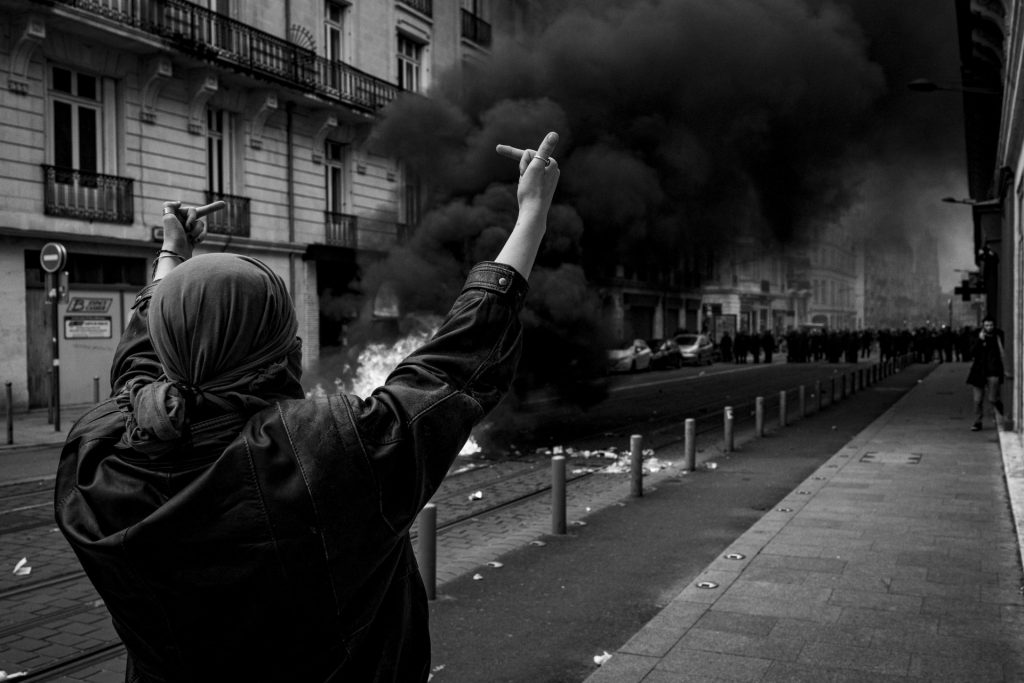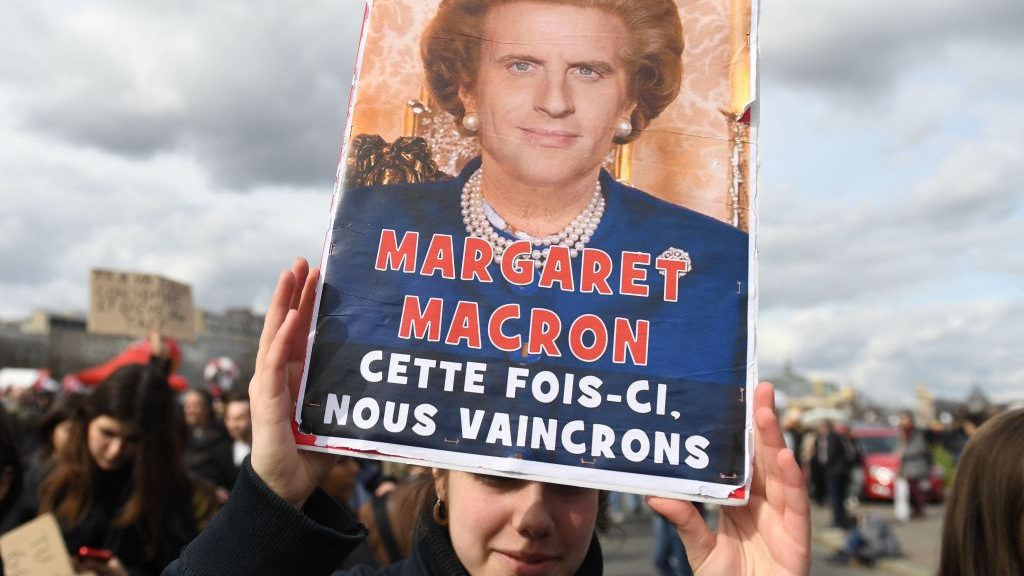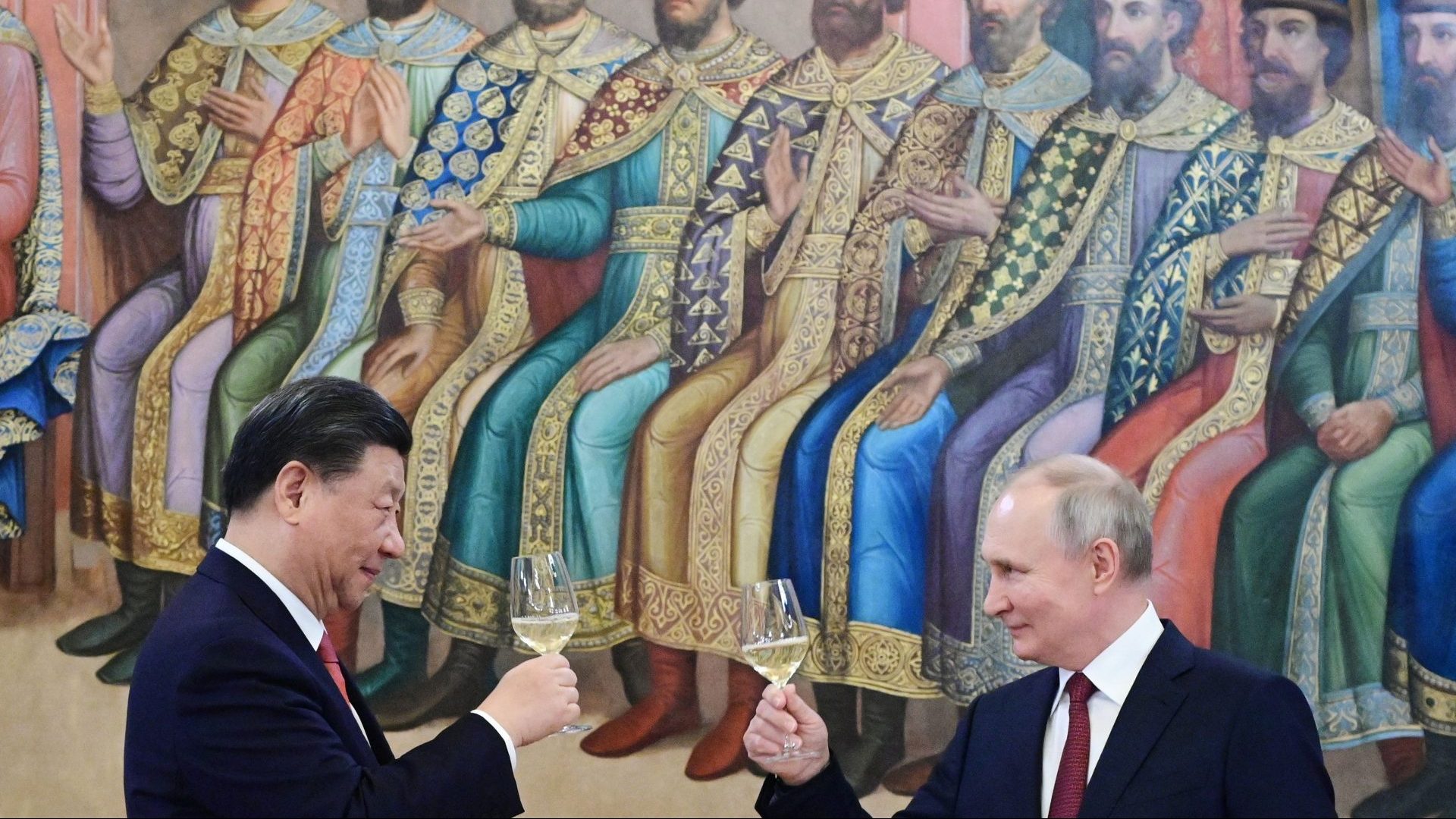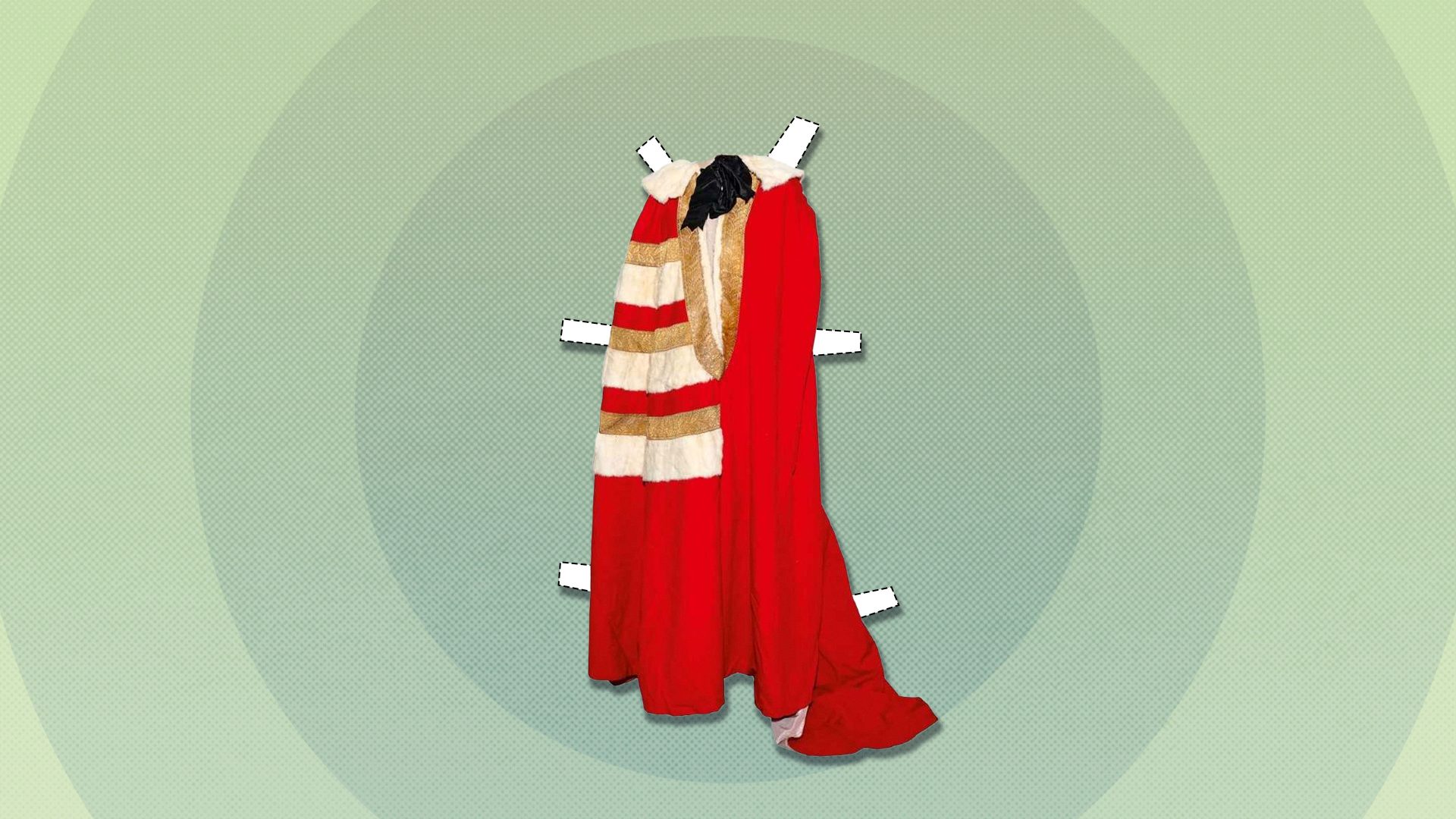There was no room for Charles III on the streets of Paris. They are already playing host to a different kind of pageantry: stinking piles of rubbish, outbreaks of urban guerrilla warfare, police violence and other scenes of anarchy from another age. With this sort of background, the optics of a dinner at the Château de Versailles between your new king and the French president, who is called a monarch by the angry mob, may have looked like an event from 1788.
The spectacle we did not want King Charles to see is that of a deeply sick country, in the midst of a divorce crisis between an angry people and their president who doesn’t want to hear them. It is a democracy adrift, with no political majority and populists making the weather in parliament. Against a backdrop of inflation and social suffering, war in Europe, global warming, and anxiety-provoking upheavals in modes of production and lifestyles, Emmanuel Macron has decided to tackle the most unpopular and explosive subject of all, pension reform.
I can hear you in Britain asking: “But what’s the problem with that?” Such changes seem inevitable when life expectancy is increasing and the age pyramid is reversing. Our European neighbours are surprised to see France rebelling against an increase in the legal retirement age from 62 to 64 (with many exceptions, depending on the difficulty of your job), when most of them have largely exceeded it.
Denmark has set the retirement age at 70, Germany is planning a gradual increase to 67, Italy is already there, and so is the UK. The cost of our pension system, meanwhile, is 14% of GDP, almost double the OECD average.
We French are great romantics. We are proud of our revolutionary mindset and our welfare state, which we believe the world envies. We give lessons to the planet with the claim to be one of the leading powers of the continent, yet in terms of GDP per capita we are only the 10th-strongest country in the European Union.
We break all OECD records for public spending (59% of GDP in 2021), but we love to hate money. We like to say “screw the markets”, and we prefer to forget that without the markets, to which we are indebted, we would have no pensions and no social state at all. Our public debt is around £2.6tn, or more than a year’s worth of GDP (113% of created wealth). If we don’t reassure our creditors, we will plunge. We are conservative revolutionaries ill-suited to the great challenges of the time.
Macron came to power by transgression. He had no electoral base or party, and pulverised the traditional political landscape when no one believed in it. He became the youngest French president and the first to have been elected twice in a row, without a period of cohabitation.
Until this crisis, he had gone through everything brilliantly and single-mindedly. Often acting without consensus, he made great strides in the European project, broke the structural mass unemployment, promoted the competitiveness of companies, attracted foreign investment. Then he tackled pensions with the same assurance, using the same solitary method. He had no doubt that his superior intelligence would stand in for his lack of political experience, as it had before.
Macron wanted to settle the matter of pensions as if France were, according to one of his concepts, a “start-up nation”. He is the president of the “included”, those whom the British journalist David Goodhart would call “the Anywheres” – people who are well-adapted to change. For those, the third of French people who voted for him, the future is full of opportunities.
For the other two-thirds, the “Somewheres” undermined by years of mass unemployment and declining purchasing power, a changing world brings more misery and fuels anxieties that are the stock-in-trade of populist parties on the far right and the far left. As one of the Gilets Jaunes brilliantly summarised, when Macron decided to increase the carbon tax in 2018: “You’re thinking of the end of the world, we’re thinking of the end of the month.”
Five years on, in the midst of this new mess, you might have expected the president to position himself as a repairer of a divided and damaged nation. As a man who suddenly remembered that he had been elected twice not “for” himself, and certainly not for his announced pension reform, but “in spite of” who and what he was. He was elected mainly because he was not Marine Le Pen, twice his second-round stooge.

But against all the odds, as if he has not learned any lessons from the Gilets Jaunes, Macron has decided to carry on, believing that his mandate is to be the great reformer. It is this legacy that he wants to write in history, even though he has made an almost incomprehensible number of blunders in the way the pension changes have been enacted. These errors have been made despite the fact that pension reforms are supposed to be the flagship of his reformism.
Now, messages on the social networks constantly remind us that when he first became president, Macron hammered home the point that he was firmly opposed to an extension of the retirement age. We are reminded by other social posts about how Macron once promised that no pension would be worth less than €1,200 (£1,054) – another pledge he has gone back on – and of the ways his ministers have stuttered and stumbled while defending a project they have clearly failed to master.
Meanwhile, France also remembers Macron’s repeated promises, after his re-election, to stop being an authoritarian president who acted alone. He said he had understood, he had changed, he would listen and he would be inclusive. His slogans pointed it out – “Nous tous” (“We all”) and “Avec vous” (“With you”).
Even in Revolution, his 2017 manifesto, he had committed himself to resolving the growing rift between the people and their leaders: “What fuels the anger or rejection of our fellow citizens is the certainty that power is in the hands of leaders who no longer resemble them, no longer understand them, no longer care about them”, he wrote. “All our unhappiness comes from there.” Anger, rejection, and unhappiness are always out there – but Macron seems to have made them even worse.
Macron’s original sin, during his first term, was to fall out with Laurent Berger, leader of France’s largest trade union, the reformist CFDT, close to the kind of Blairite “second left” that formed the basis of the Macronists. Once he was re-elected to the Élysée Palace, a second sin was to treat the parliamentary elections as a side issue and to get involved in the campaign only at the last moment.
He is now without a majority in the National Assembly, which is divided between three totally incompatible groups, from which the major traditional parties have disappeared, and where the extreme left and extreme right frame a centre that no longer knows whether it is Macronian. How can a radical and naturally unpopular reform be achieved when the biggest union has been turned into an enemy, and parliament into a miasma of oppositions?
So, after betraying the voters who had backed him in the second round to block Le Pen, the “in spite of” president’s pension reform was then blocked by the MPs those angry voters had elected. Macron then committed an ultimate political sin: imposing the changes via the 49/3 article of the constitution, which allows the government to pass a law without a vote of deputies. They tried to oppose it by tabling a motion of censure, which failed by a narrow margin.
Members of the government and the president himself had expressed their reluctance to use 49/3. They now insist that it is constitutionally legal. No one is listening any more. Democracy has run out of steam. France is on the verge of a social explosion. The issue has moved away from pension reform. The main issue is now Macron.
How can this be fixed? Macron has locked himself in his own trap. He is not the kind of man to change his mind. Will he be saved, in spite of himself, by the constitutional council, which could rule that the pension law does not conform with the constitution? Or by resuming a dialogue with Berger? The CFDT boss, who has become a respected political figure during this conflict – to the great displeasure of Macron – has proposed a way out by demanding not a pure and simple withdrawal of the reform but “a pause” of six months.
At the time of writing, our loner president shows no willingness to change. He’s still betting that the protests will drift away, at the risk of aggravating the crisis of political legitimacy. Will he be allowed to complete his mandate or will he resign before the end of his term, to leave the transition to the Gaullist and consensual president of the Senate, Gérard Larcher?
In the meantime, the far right and the far left are benefiting the most from the shambles. Chillingly, the party that is staying calm and waiting for a wave of disaffected militants to join them is Marine Le Pen and Jordan Bardella’s Rassemblement National.
Marion Van Renterghem is a French journalist and author of a biography of Angela Merkel.




